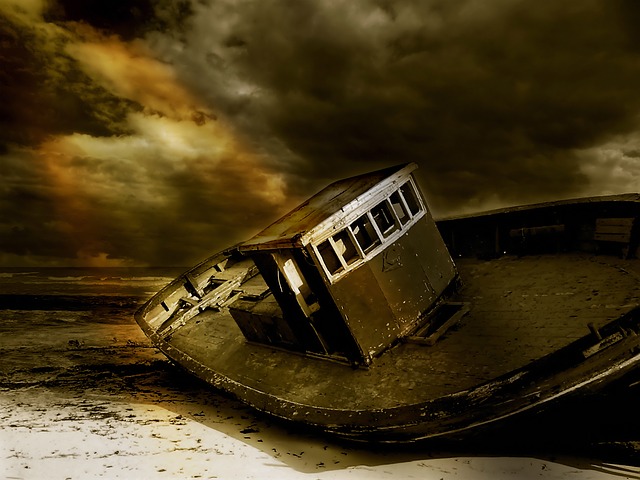
Whether you are having trouble looking for fish inside the water, or your cast isn’t up to par, being able to learn a lot about fishing could help you have a better experience. The following article will teach you started on your way to more fun and catch more fun.
You need to keep your hook sharp if you want to catch fish. The fishing hook ensures that whatever you catch will stay on while you attempt to reel it in. You should be very diligent in frequently ensuring that your hooks are sharp. Before each outing, replace or sharpen those that are dull.
Perhaps the most useful fishing tip that someone can get is to have patience. It is important not to be frustrated or you’ll end up driving yourself crazy.
Fly fishing can be a fun hobby to try.Fly fishing is a great activity that has a unique style and is different than any other techniques. If you plan to get into fly fishing, plan on buying some new rods, lures, and rods.
Use a sinker during colder months. Sinkers add weight to the line which allow your bait to reach lower depths where fish dwell this time of year. The most adventurous size of the sinker will depend on how deep the water is.
Be aware of the different fishing laws that are in effect in the different regions you choose to fish in. There are certain areas that prohibit fishing all together, the number of fish that may be kept or the number of poles that can be used. Contact the local government if you are not sure.
The clinch knot is very effective for attaching a lure or hook to your fishing line.
In order to minimize the chance of a serious accident, you should check the weather report before you go fishing. In addition to checking the weather prior to leaving, it is advisable to listen to the radio while fishing in case the weather changes.
Be aware of the smells your hands. If you have perfumed hands, it might get on to the bait, this odor could get on your bait. This can cause an adverse reaction in the water.
Pay attention to the wind affects conditions while you’re fishing. You should be casting toward the wind.If there is a very strong wind, fish are probably going to remain at the bottom so that you will not be able to reach them.
If you find yourself losing fish, give your fish hooks a quick inspection. People will often forget that over time fish hooks can become dull or twisted and impact any success while fishing. By switching your hook, you ensure that your lures will set cleanly and quickly.
In the United States, for example, each state issues its own license, or year long.
Be mindful of your bait’s color and how it will look to fish. You want something that will clash so the fish can see. If the water is murky, use bait that is bright and that can easily be seen. In clearer waters, deeper and darker tones will blend in less and catch the fish’s attention.
Every fisherman should include a scale as part of their gear when they head out on any fishing trip. This will let you weigh any trophy fish you catch that you plan to release, giving you proof of your talent.
This method means you have to unhook the fish and let it go back into their habitat. This practice allows the fish population to increase, meaning more people can get in on the fun.
If you are looking to catch larger fish, increase your bait size. Blugill and Crappie are two excellent types of bait for big fish.
Always know what the local regulations are about fishing when you head out on the water. Some places prohibit fishing in certain areas, while others may restrict what sort of bait you are allowed to use. Don’t risk it–check with the local authorities for further guidance.
It is very important that you stay well hydrated when you are fishing. Keep lots of water on hand, and keep drinking, even if you do not feel thirsty. You could possibly fall out of the boat as dizziness sneaks up on you due to dehydration. You can prevent drowning in water.
When using a net, try to slide the head into the net first. If you try to scoop the fish in the net with its tail first, you’ll scare it and it may break your line in an effort to get away from you.
The best knot to use when securing a lure or hook to a fishing line is the advanced clinch knot. This knot is made by placing the line’s tip through the end of the hook, and then going around the line five times and passing the end of the line through the eye of the hook and the first coil. Complete it by tightly pulling the end into the loop.
Always do your research before going on a fishing trip. It is essential to understand the mind of the fish minds work in order to catch any. Fish aren’t extremely intelligent, they are not stupid. You will fare better in catching them if you do some research ahead of time.
Returning from a relaxing fishing trip without any fish can be frustrating and leave you with no fish for dinner. All of this article’s tips have been written to help people catch more and bigger fish, and have fun doing it. So use the tips you have learned to find success in fishing.
If you are fishing in deep seas, stay attuned to signs of nearby fish. For example, you may notice wood or debris floating on the surface. This may be an indicator that large game fish are nearby. Also, seagulls eating small fish are a sign that larger fish are close.